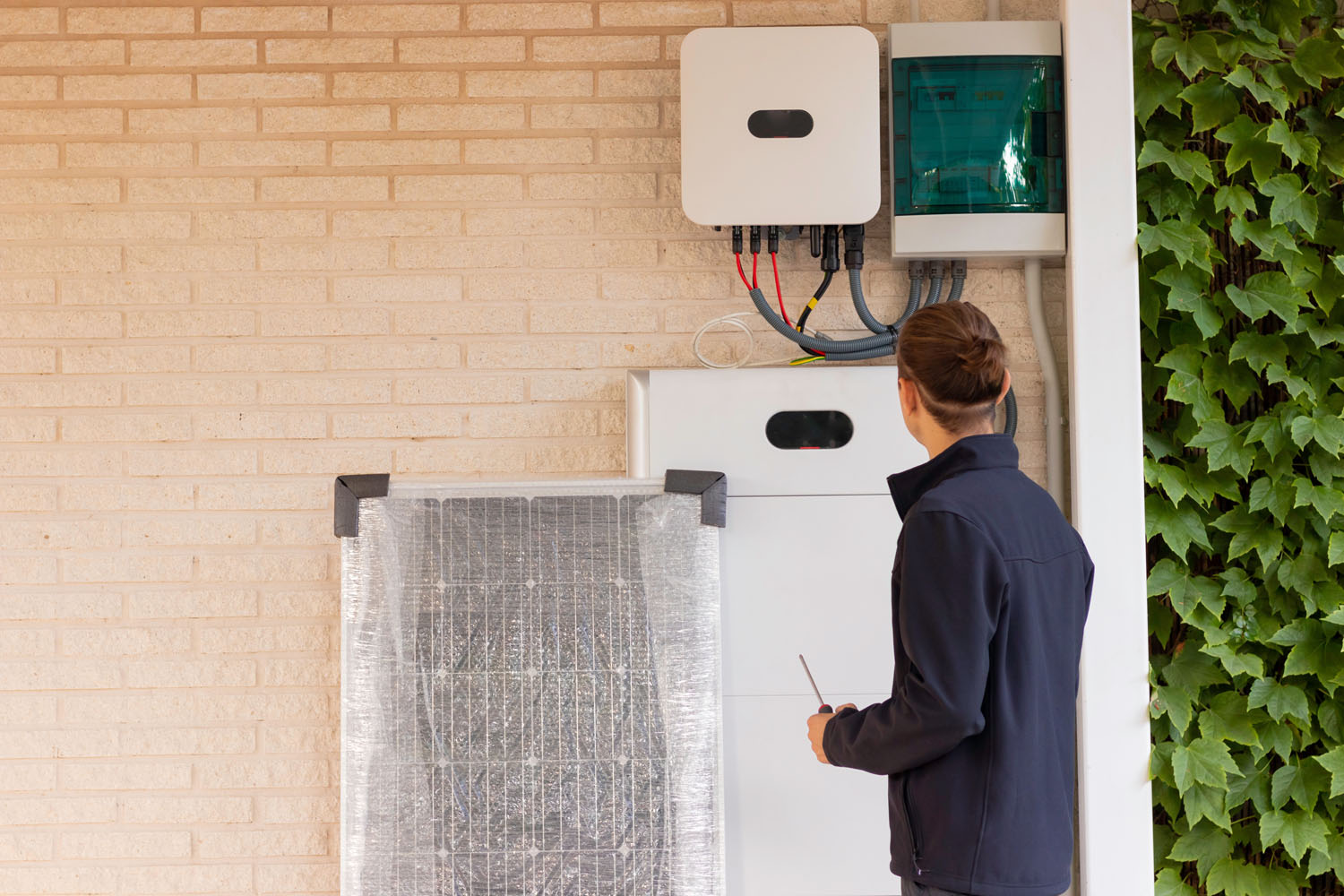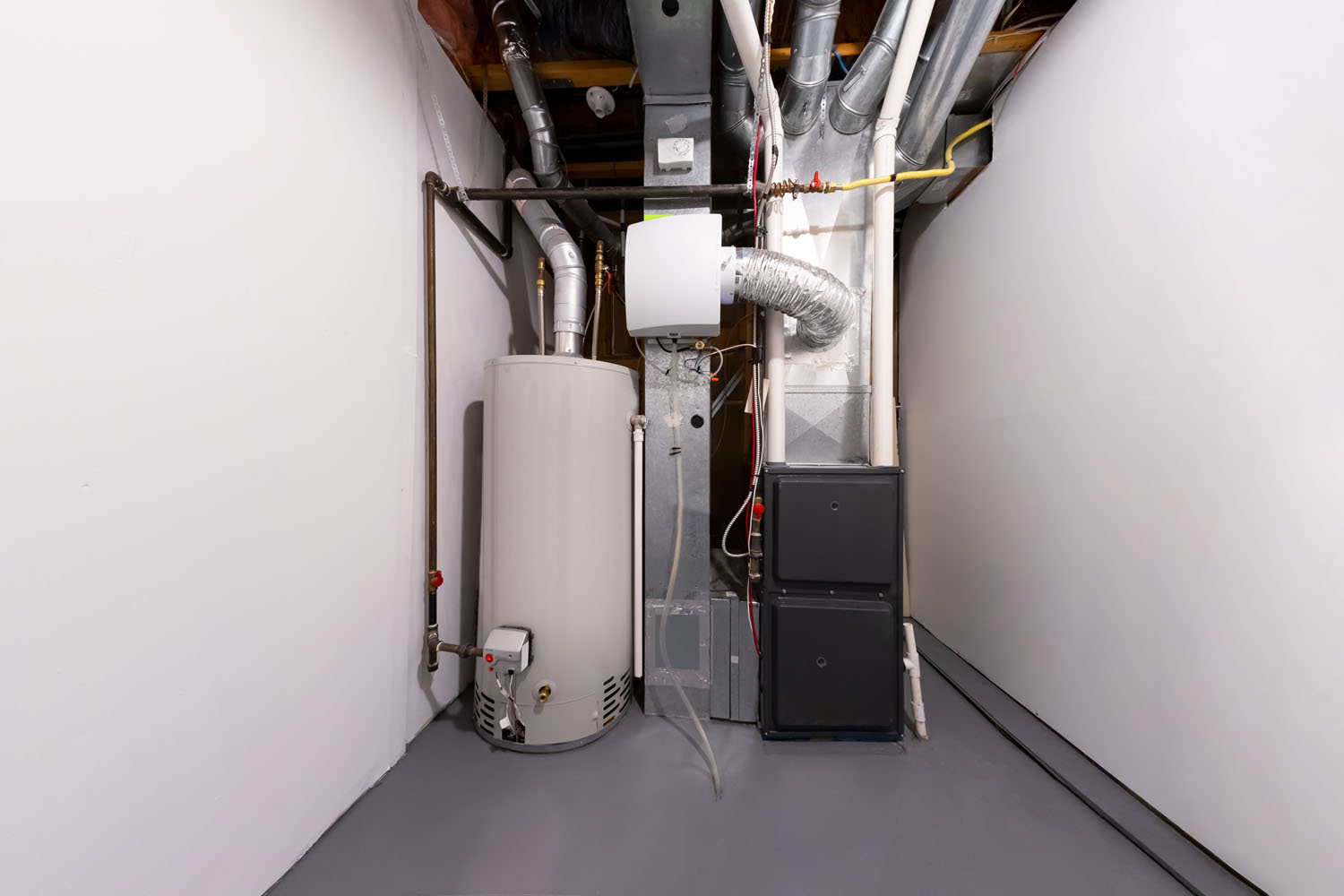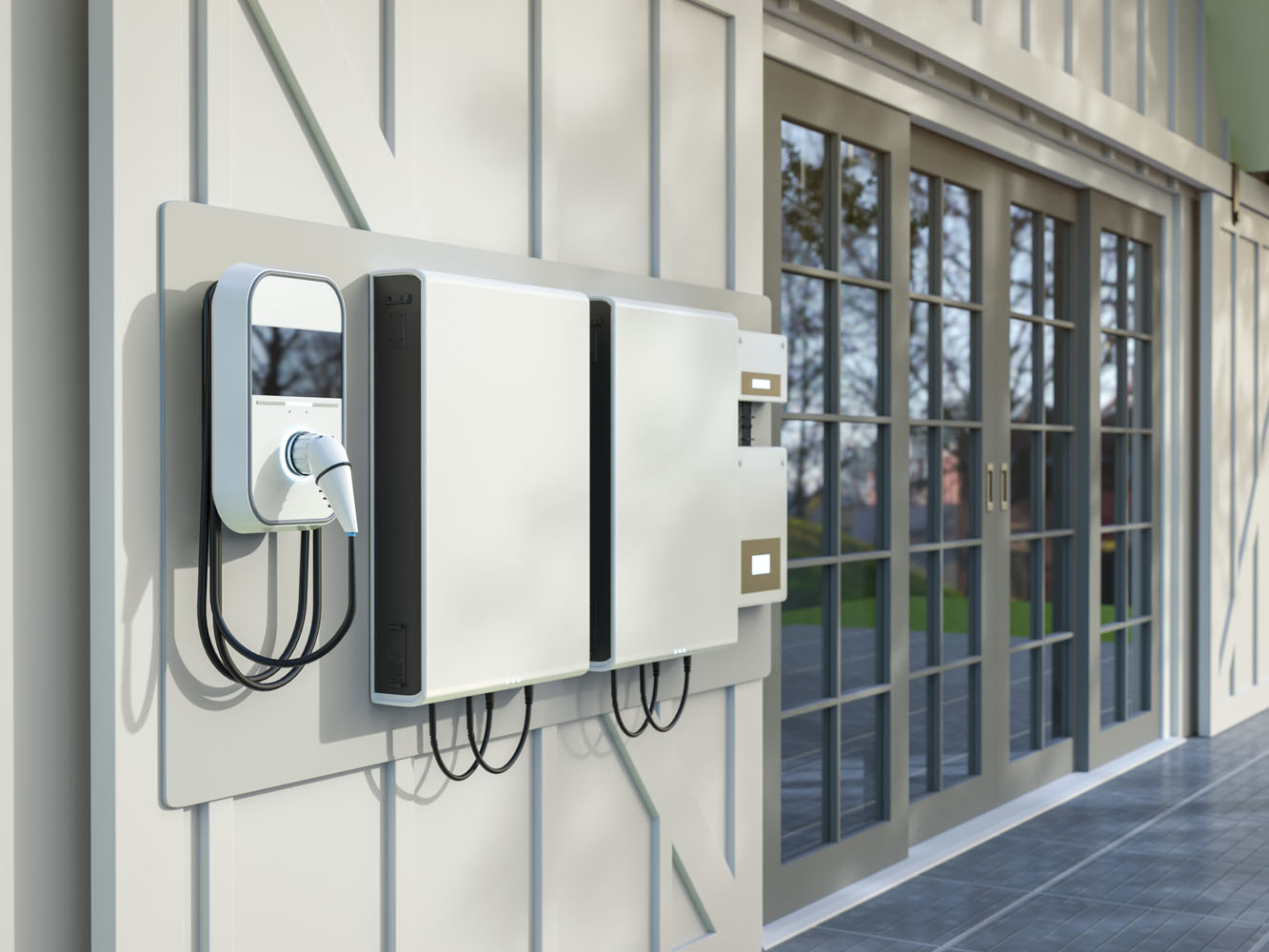As more homeowners embrace renewable energy, battery storage systems have become an essential component of solar power systems. But what exactly do these batteries do, and why are they so important? This article will explain how battery storage works and the benefits it offers homeowners.
How Battery Storage Systems Work
Battery storage systems are designed to store excess electricity generated by your solar panels. During the day, when your solar panels produce more energy than your home consumes, the surplus electricity is stored in the battery. When the sun goes down or on cloudy days, you can draw on this stored energy to power your home.
Most battery storage systems are lithium-ion based, similar to those used in electric vehicles. These batteries have a high energy density, meaning they can store a significant amount of electricity in a relatively small space.
The Benefits of Battery Storage Systems
- Energy Independence: One of the primary benefits of battery storage is that it allows you to become less reliant on the grid. During power outages or periods of high demand, you can use the energy stored in your battery to keep your home running smoothly.
- Maximizing Solar Energy Use: Without a battery, any excess electricity your solar panels generate is sent back to the grid. While this can earn you credits through net metering, using a battery allows you to store that energy and use it when you need it most — such as in the evening when energy rates are higher.
- Lower Energy Bills: By storing excess solar energy, you can reduce your reliance on grid power, especially during peak hours when electricity rates are higher. This can lead to significant savings on your energy bills.
- Backup Power During Outages: In the event of a power outage, battery storage systems can keep essential appliances running, such as your refrigerator, lights, and even medical equipment. This provides peace of mind, especially in areas prone to blackouts.
- Environmental Benefits: By maximizing the use of renewable energy in your home, you’re reducing your reliance on fossil fuels and lowering your overall carbon footprint.
Battery Storage System Capacity and Lifespan
Battery capacity is measured in kilowatt-hours (kWh), which indicates how much energy the battery can store. For a typical home, a 10 kWh battery can provide enough energy for several hours of power, depending on the household’s consumption.
It’s also important to note that most batteries have a lifespan of 10 to 15 years, after which their capacity diminishes. However, as technology advances, battery lifespan and performance are expected to improve.
Conclusion: Battery storage systems offer homeowners the ability to store excess solar energy, reduce reliance on the grid, lower energy bills, and provide backup power during outages. With the growing focus on renewable energy, investing in a battery storage system is a smart choice for long-term savings and sustainability.







